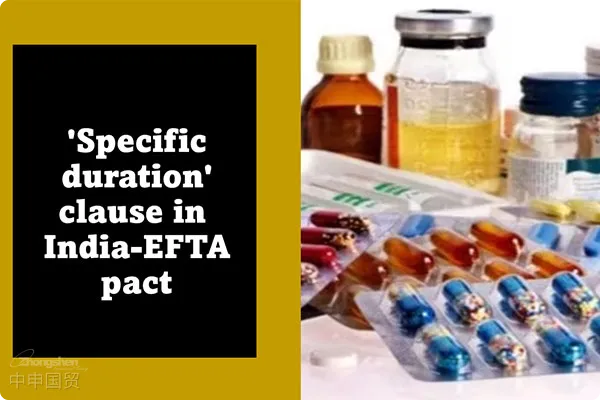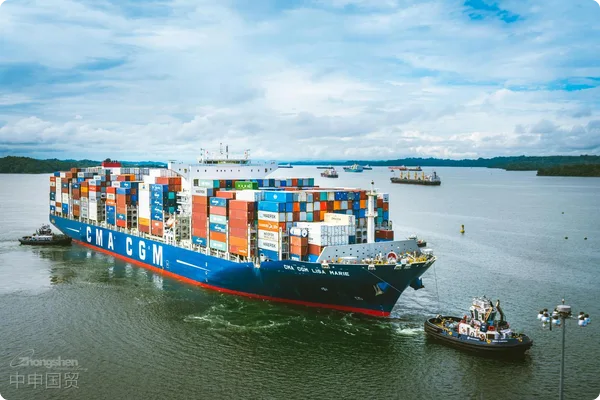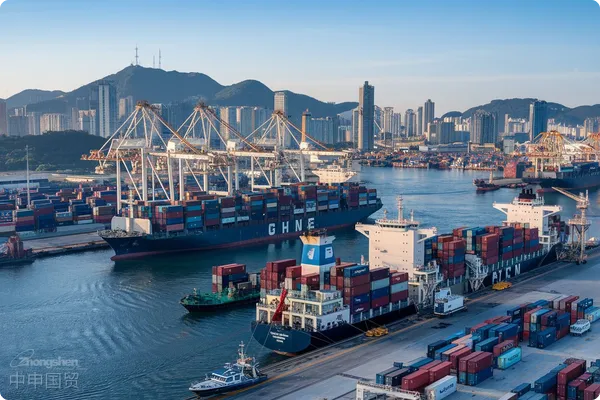- Shanghai Zhongshen International Trade Co., Ltd. - Two decades of trade agency expertise.
- Service Hotline: 139 1787 2118
On the eve of Indias general election, India signed a significant Trade and Economic Partnership Agreement (TEPA) with member countries of the European Free Trade Association (EFTA), drawing widespread international attention. According to Bloomberg, the agreement is expected to bring $100 billion in investments to India over the next 15 years and create approximately 1 million jobs, undoubtedly adding political significance to the upcoming Indian election.

The agreement is expected to deepen economic cooperation between India and EFTA member countries—Switzerland, Norway, Iceland, and Liechtenstein. In 2023, the total bilateral trade between India and these four countries reached $25 billion. In exchange, India will eliminate import tariffs on most industrial products from these countries to attract foreign investment and promote the development of domestic industries.
At a press conference, Indian Minister of Commerce and Industry Piyush Goyal emphasized the positive impact of the agreement on Indias economy, particularly in industries such as pharmaceuticals, engineering, machinery manufacturing, and chemicals. However, a major point of contention in the agreement revolves around generic drugs. Reports indicate that the four European countries demanded amendments to Indias patent and regulatory laws to grant pharmaceutical manufacturers six years of data exclusivity for new drug trials, a requirement that directly affects the core interests of India, the worlds largest producer of generic drugs.
In response, the Indian government has taken a stance, rejecting EFTAs demand for data exclusivity and insisting on protecting the interests of the domestic generic drug industry. Commerce Minister Sunil Barthwal emphasized that all free trade agreements under negotiation would consider the need to protect Indias generic drug industry and ensure no harm to its interests.
This stance reflects the Indian governments efforts to balance national interests with international cooperation. As the pharmacy of the world, Indias generic drug industry is not only vital to its domestic economic development but also has a significant impact on the global pharmaceutical supply chain. Therefore, any international agreement that could affect this industry must be carefully considered.
Related Recommendations
? 2025. All Rights Reserved. Shanghai ICP No. 2023007705-2  PSB Record: Shanghai No.31011502009912
PSB Record: Shanghai No.31011502009912










